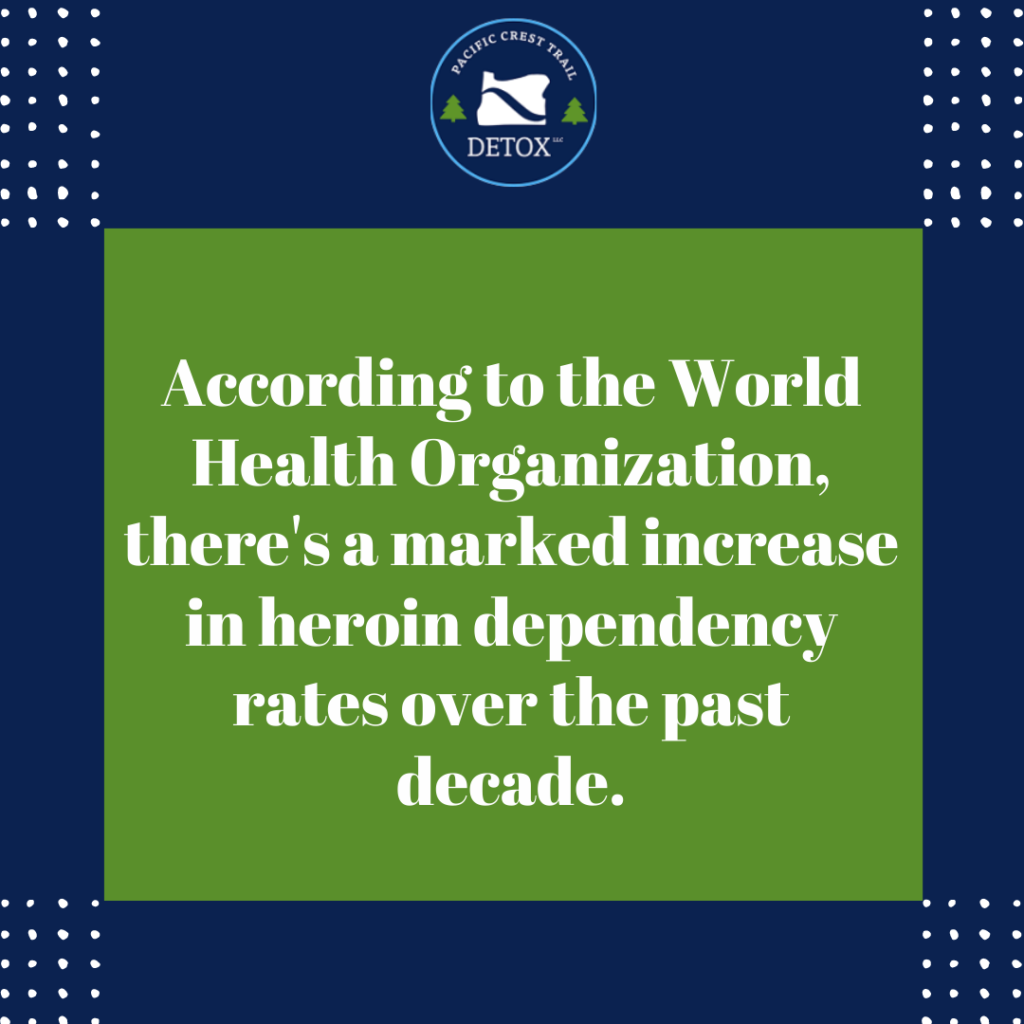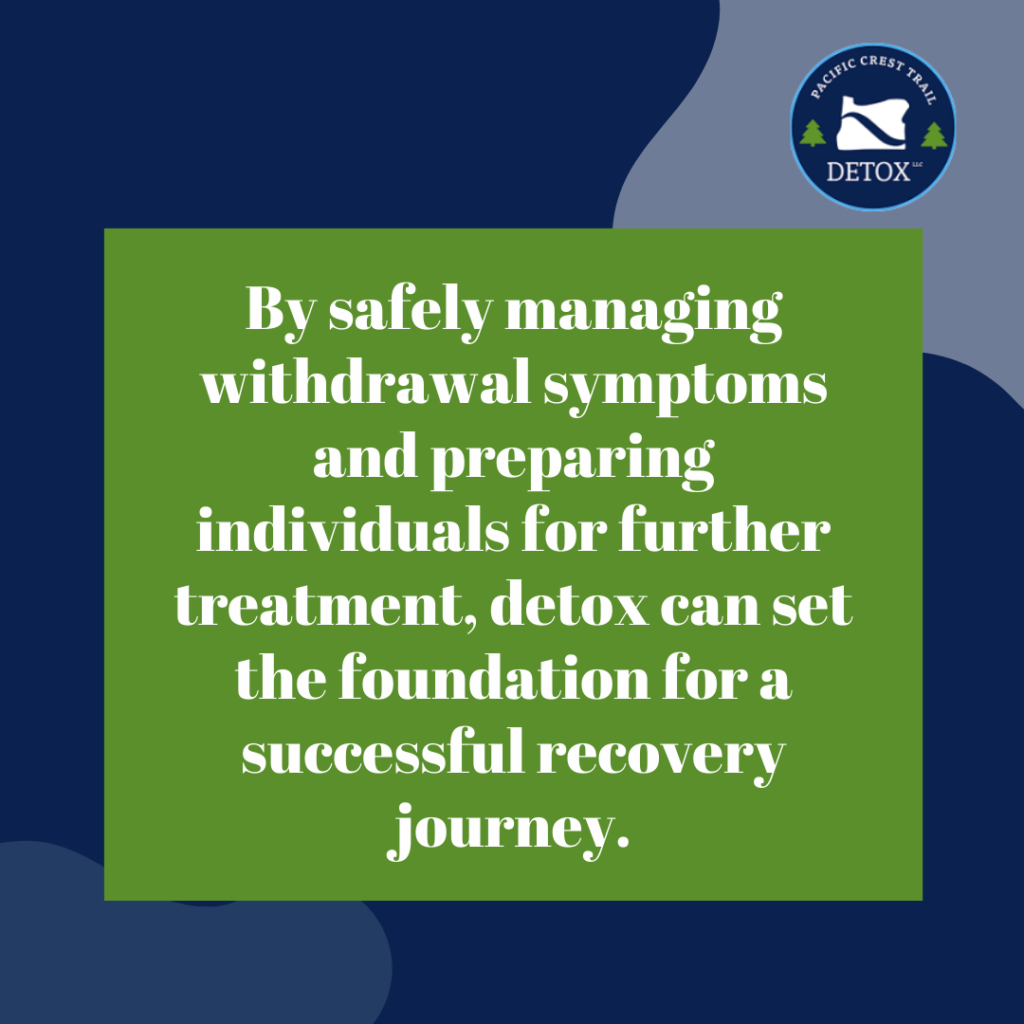The escalating issue of heroin addiction is impacting millions globally with its devastating effects.
This distressing reality is corroborated by a comprehensive study conducted by the World Health Organization indicating a marked increase in heroin dependency rates across diverse demographic and geographical segments over the past decade.
In this blog post, we will explore the nature of heroin addiction, including its effects on the body and brain, the associated risks, and the treatment options available for those struggling with substance use disorder. By understanding the impact of heroin addiction, we can work towards assisting those in need of support.

Understanding Heroin Addiction
Heroin is a potent opioid drug derived from opium poppy plants. How does heroin work? It operates by attaching to opioid receptors. When it does that, it causes a calming effect on our central nervous system, which slows down its activity.
Heroin addiction is a complex and multifaceted disease that is caused by several factors. These include genetic predisposition, environmental factors, such as stress or trauma, and behavioral factors like substance abuse or mental illness history.
Heroin addiction can have serious psychological and physical effects on the brain and body. It causes euphoria, pleasure, and relaxation. However, prolonged use can lead to negative effects, including depression, anxiety, impaired cognition, respiratory depression, and overdose.
Heroin addiction often progresses through several stages. The initial stage is characterized by experimentation, regular use, dependence, and addiction. Understanding these stages can help individuals recognize the warning signs of addiction and seek treatment before it becomes too severe.
Signs and Symptoms of Heroin Abuse
Heroin abuse can have physical, behavioral, and psychological effects on individuals. Here are the signs to look for:
Physical Symptoms
Physical symptoms of heroin addiction may include constricted pupils, slowed breathing, nausea and vomiting, itchy skin, and reduced sex drive. These symptoms are often the result of the drug’s impact on the central nervous system and other bodily functions. Over time, individuals who abuse heroin may develop infections, abscesses, or other health complications related to their drug use.
Behavioral Changes
Individuals who use heroin may withdraw from friends and family, exhibit increased secrecy or suspicious behavior, neglect their hygiene and self-care, experience financial difficulties, or resort to stealing or other illegal activities to obtain the drug. They may also lose interest in previously enjoyable activities or hobbies.
Psychological Effects
Psychological symptoms include depression, anxiety, mood swings, paranoia, hallucinations, impaired judgment and decision-making, memory loss, and cognitive impairment. They may vary depending on the individual’s age, gender, and other factors. In severe cases, heroin addiction may lead to psychosis or other serious mental health conditions.

Why Heroin Detox is Important
Heroin detoxification is a crucial step in the recovery process for individuals addicted to the said drug. The body can become dependent on the substance, so abruptly stopping its use can lead to severe heroin withdrawal symptoms. Here are some reasons why heroin detox is important:
1. Management of Heroin Withdrawal Symptoms
Withdrawal from heroin can be incredibly uncomfortable and, in some cases, even life-threatening. A medically supervised detox program can manage withdrawal symptoms and provide support during this challenging time.
2. Safety and Monitoring
A detox program provides a safe and secure environment for individuals to withdraw from heroin. Heroin detox centers will monitor patients throughout the entire process, ensuring their safety and addressing potential complications.
3. Preparation for Further Treatment
Heroin detox is just the first step in the recovery journey. Once detox is complete, individuals can focus on further treatment, such as therapy or counseling. Detox helps prepare individuals for these next steps by getting them physically and mentally ready for the challenges ahead.
4. Reduced Risk of Relapse
Going through detox can help reduce the risk of relapse. By safely managing withdrawal symptoms and preparing individuals for further treatment, detox can set the foundation for a successful recovery journey.
Treatment Options for Heroin Addiction
Several types of treatment are available for heroin addiction, each with its own benefits and drawbacks. Here are some common options:
Medication-Assisted Treatment
This treatment involves using medication to help manage withdrawal symptoms and cravings. This type of treatment is often combined with therapy and counseling to help individuals address the underlying causes of their addiction. Medications used in this treatment include methadone, buprenorphine, and naltrexone.

Therapy
Therapy is an essential component of heroin addiction treatment. It can help individuals develop coping skills and strategies for dealing with triggers and cravings. Behavioral therapies, like cognitive-behavioral therapy (CBT) and dialectical behavior therapy (DBT), are commonly used to treat heroin addiction. These therapies enable individuals to identify and change negative patterns of thinking and behavior that may contribute to their addiction.
Support Groups
Support groups, such as Narcotics Anonymous, can be a practical source of support and encouragement for those in recovery from heroin addiction. These groups give a safe and supportive environment for individuals to share their experiences and connect with others facing similar challenges. Support groups can also help build a sense of community and belonging, an important factor in long-term recovery.

In conclusion, heroin addiction presents a profound and intricate challenge necessitating expert intervention. Comprehending the nuanced signs and manifestations of heroin addiction, recognizing the vital role of detoxification, and exploring the available therapeutic approaches are indispensable steps in overcoming this addiction.
If you are struggling with heroin addiction, don’t hesitate to ask for help. Pacific Crest Trail Detox in Milwaukee, Oregon, offers personalized addiction treatment options and a supportive recovery center. Contact us today to learn more and take the first step toward recovery.
